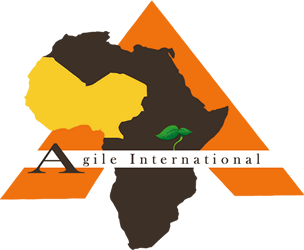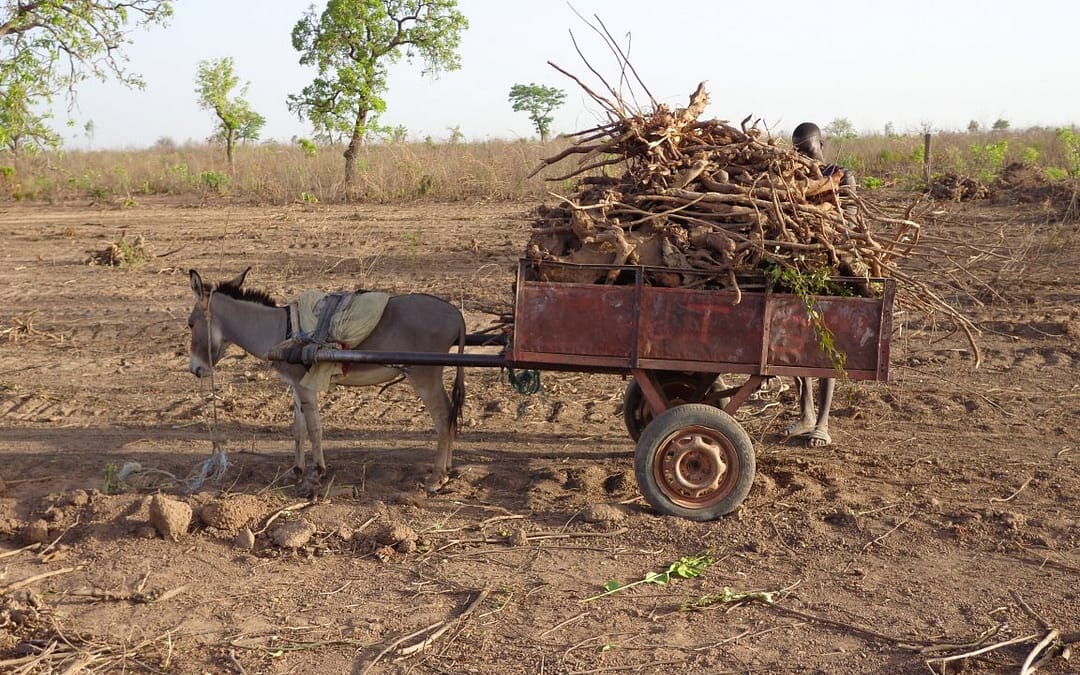Males and females experience different impacts on their living conditions as a result of climatic variations. Africans are highly dependent on the environment and natural resources. More than two-thirds of the population in the Sub-Saharan region rely on the subsistence, rain-fed agriculture.
Climate change impact on women can be seen in the following ways:
- Diminishing agriculture production. African women are on the front line of climate-related shocks such as flood and drought. They are poorly equipped to adapt to these changes.
- Food security. Lower agricultural production also limits the earnings of people living in areas highly impacted by climatic variations. As resources become scarce, women often face more difficulty getting food, as they have less power in society.
- Health. Women are more prone to disease, and they are more likely to suffer from malnutrition. Women suffer more than males due to their physiological makeup and limited access to food and nutrition.
- Water and energy resources. Climatic variations lead to increasing scarcity of water and energy resources. Limitations in natural resources mostly affect females because they are the major food and water collectors in households. Because of changing climatic conditions, African women need to perform heavy physical work to collect water.
- Migration. Climatic variations also causes migration of huge numbers from one region to another in search of food and other necessary resources. Mainly, males in the family move out in search of employment, and women need to stay back in the home to take care of the family and household.
We can conclude that women climate change makes women more vulnerable and exposes them to greater risks than males. Their dependence on agriculture and limited access to the food and energy resources cause women to deal with environmental changes. Thus, evidence points to climate change having a greater impact on women.
AGILE International is trying to change that by giving women the tools and knowledge to gain more economic, political and social power.

